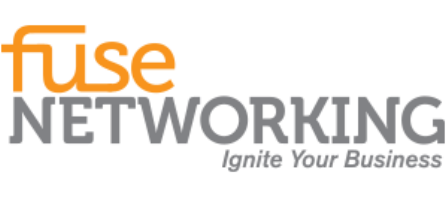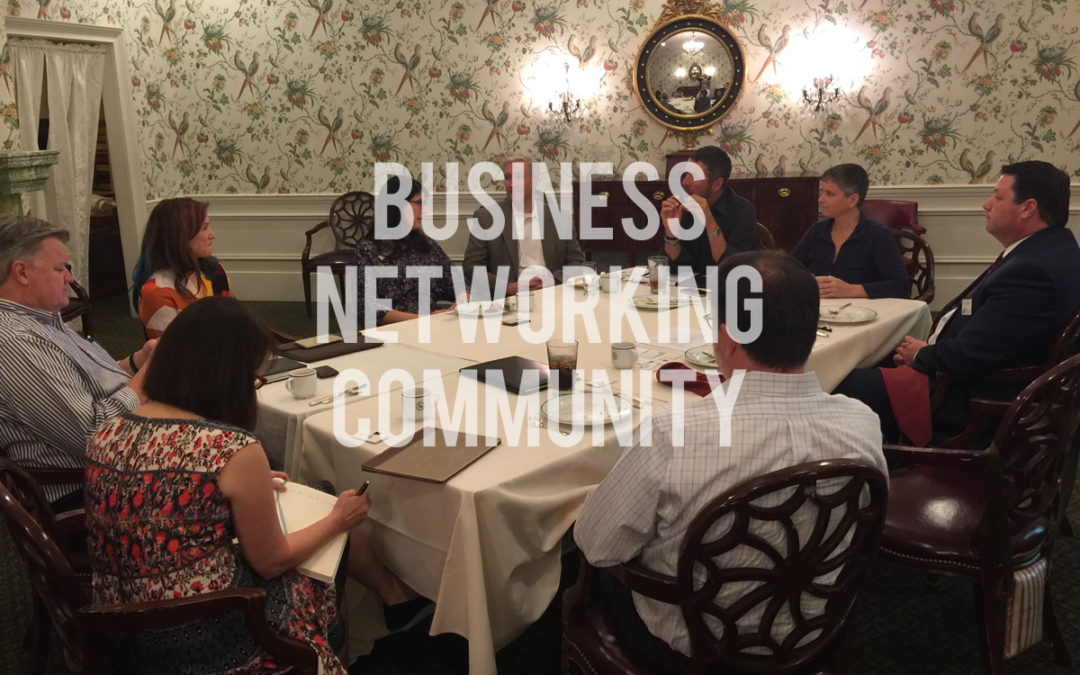Real community means always knowing who is going to take the last pork chop.
I love that quote and keep it pinned to the top of my Twitter feed to remind me of the importance and the difficulty of building deep, genuine relationships versus so much of what passes for community these days. The quote comes from an unattributed monastic who knew what it meant to live a committed life of close relationship within a disciplined brotherhood. We like to imagine monks never having disagreements or disliking each other in any way, but they are human after all. I’m sure they all know a little too much about each other, including who likes pork chops a little too much, especially after a few days of fasting. In a real community, it doesn’t take long to become painfully aware you are living and working with real human beings with real weaknesses, dubious motivations, annoying habits, and a set of peculiarities very different than your own. Members of a community see each other at their best and their worst. Families are a little like monasteries this way. We can all relate. My family will probably tell you I’m the guy who’s going to take that last pork chop at our house.
Networking vs. Community
When I moved my family out from San Diego to Atlanta in 2012, I arrived with a pretty naive notion of how easy it would be to get reestablished in the right community among a new network of friends and business contacts. Indeed, we met some nice people right away and got introduced to new circles of friends well enough, but I found that rebuilding a genuine, supportive community was no easy or predictable task. They say it takes 3 years on average to settle into a new locale. If you had told me that five years ago, I would have told you you were crazy. Now I’m convinced. Networking is relatively easy. Putting down roots takes time.
Before a big job change in 2015, I didn’t really do much networking at all. I didn’t need to. I hardly ever used LinkedIn, and I only ever went to happy hours and dinners with the good friends I knew from work. I was just fine. Why bother? Even after relocating to Atlanta, I largely limited myself to socializing on business trips with the people I already knew elsewhere. I had everything I wanted socially in a few long-established relationships. I wasn’t opposed to socializing locally or afraid of meeting my new neighbors–I simply didn’t have the need.
Starting from Scratch
That all changed in the Summer of 2015. My company made some realignments and asked me to move to Amsterdam or part ways. It was a tough decision, but we had just purchased a home which we loved in the area, so we declined and decided to make a go of things locally.
Networking has been a big part of my personal journey since then, and I’ve learned a lot starting from zero and slowly building up my local social safety net. There’s nothing quite like being out on your own with no job in a big new town with too few meaningful relationships to help you see very quickly and clearly the difference between network contacts and real relationships. When push comes to shove, networks are nice, but community is critical, and I think of Fuse as a community.
So, what’s the difference between a network and a community anyway? Here are five observations I’ve gathered over the past couple of years while starting over and building from scratch. As Fuse evolves into a more intentional and focused business community, it will be important to keep these distinctions in mind.
- Farmer’s Breakfast
One important difference between networks and communities is best described in the familiar quote about the farmer’s breakfast of bacon and eggs. As the saying goes, “the chickens were involved, but the pigs were committed.” Can you tell I enjoy food metaphors? Mmm. Bacon. In a network, you can come and go without much consequence. You can take it or leave it. You can simply participate. You can sponsor a business card raffle and then never be seen again. Communities aren’t nearly that forgiving and have higher expectations in terms of your commitment. Families, churches, and high functioning teams such as those found in the military and emergency services all work this way–there’s no such thing as phoning it in or sending a substitute. You are committed, not just involved. In a community, you have to be the pig, not the chicken. - Lookin’ for Leads in All the Wrong Places
When I first started networking, I thought what I was looking for was customers. Like “lookin’ for love in all the wrong places,” I would go to a happy hour, work the room, exchange business cards and do follow ups over the next few days. I would win some and lose some. Those earlier times when I didn’t get a single customer out of the evening, I would get down on myself and wonder if it all wasn’t a big waste of time. Along the way, I started developing real relationships with folks at the events who weren’t exactly in my target audience. We would stay up late and close down the place talking about everything except business. Over time, those friendships have turned into genuine sources of encouragement, accountability, and connection for me and, yes, solid referrals. While there’s nothing wrong with hitting the happy hours and looking for leads, I have certainly shifted my focus to pursuing longer term, fruitful friendships and deeper connections outside my ideal customer type. The rest seems to follow. Networking is for leads. Community is for relationships. - Putting Your Worst Foot Forward
At networking events, it’s all about putting your best foot forward and making a good impression for your company or services. It’s basically speed dating for professionals. “I love your hair. Are you my type? Here’s my card.” In a community, there is a lot more transparency. It’s nice to be known, of course, but it often comes at a cost–our pride. We can only keep up appearances for so long. Sooner or later, all meaningful relationships need to address failure and weakness in the other and in ourselves. Traditional marriage vows take all the romance right out of the equation up front, where star crossed lovers must pledge to stay with each other, “for better for worse, for richer for poorer, in sickness and in health,…till death us do part.” I’m not proposing we make any lifelong vows at Fuse, but we will do well to remember that fruitful friendships have to first get below the surface before they can take root and grow. There’s no shortcut. It takes honesty, humility, and a little bit of bravery to take the first step. - What Happens in Smoke Rise Stays in Smoke Rise
This one needs very little explanation but can be the most challenging aspect of building a supportive community. Without trust and a general sense of privacy, there will be no genuine sharing of our more interesting business challenges and areas of personal development. Sharing is risky. Building trust takes time and trial. Members of a healthy community need to see each other being reliable and consistent over time before they can really be expected to address topics that are complicated or challenging. Networks tend to be open and shallow. Communities tend to be more closed off, but in a good way. The reason things that “happen in Las Vegas stay in Las Vegas” is so people can have more fun (ahem). Oscar Wilde reminds us that people need masks before they will tell you the truth. Privacy is essential for healthy communities. - Sometimes More Give than Take
Everyone knows about the Pareto Principle, where 20% of the membership provides 80% of the value to the whole. It’s a remarkable theory and often seems to hold true in larger groups. It is an attribute of communities. Networks are quite a bit more flat or top-down. The Pareto Principle is not a law, of course, and may not apply in exactly that ratio to the community we are forming at Fuse. However, it’s always important to keep in mind that not everybody contributes in the same way or in the same quantity. In communities, it’s easy to fall into the misconception that fairness should always prevail and that a strictly democratic approach to all things is best. However nice an idea, it’s almost never the reality. Just like our famous monk and his pork chop loving friend, we all have to remember there are more important things than simply insisting everyone gets their equal portion.
There are more characteristics and distinctions, of course, which help us determine whether the group we belong to is more of a network or a community.
These are some of the more important ones for me. What are yours? At the end of the day, Fuse is a hybrid somewhere on this spectrum. It’s never supposed to be a replacement for church or a family, but I love the direction Fuse is heading, and I look forward to the great things that will become possible as we develop into a thriving business community.
Pass the pork chops.

David Turney is an independent digital marketing consultant and marketing technologist at TurneyWeb, specializing in search engine optimization and web analytics. He is also a member of the Fuse Networking Community. David can be reached at david@turneyweb.com.

